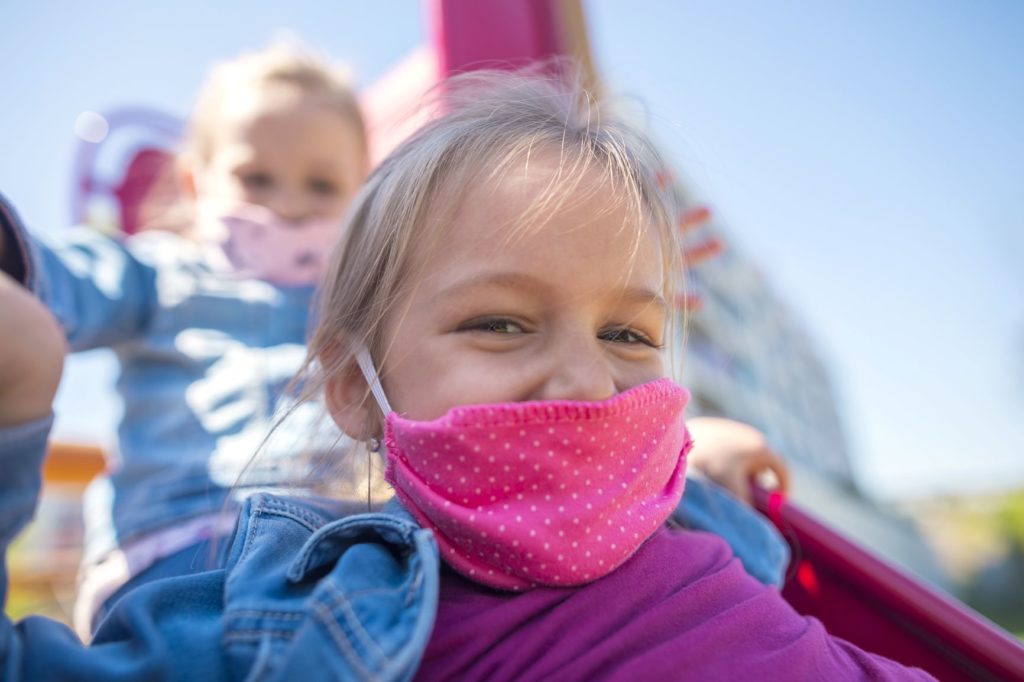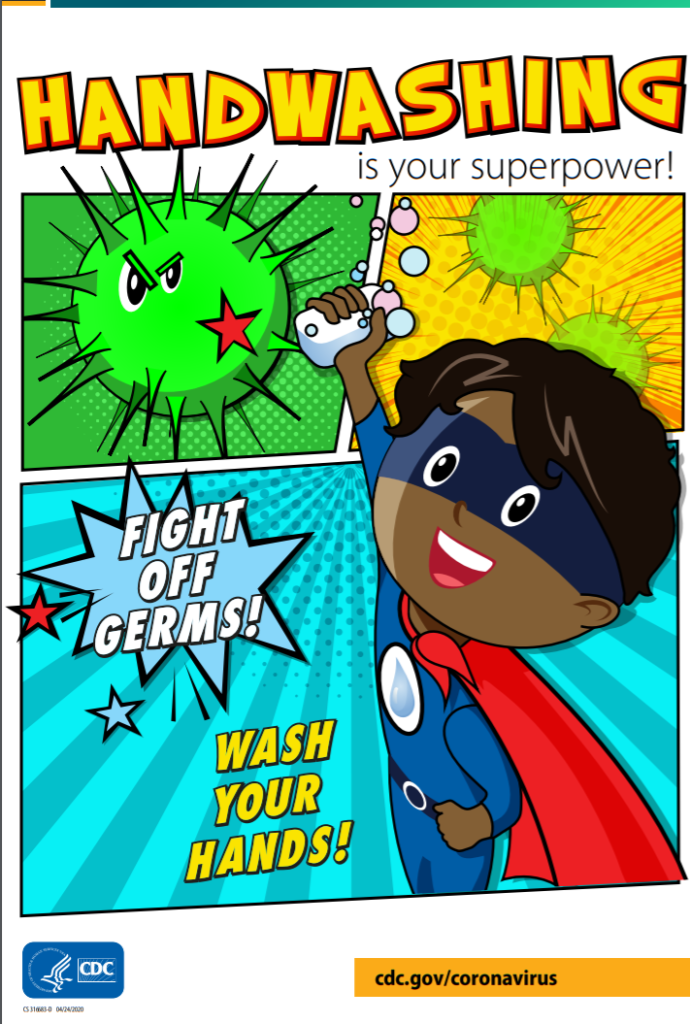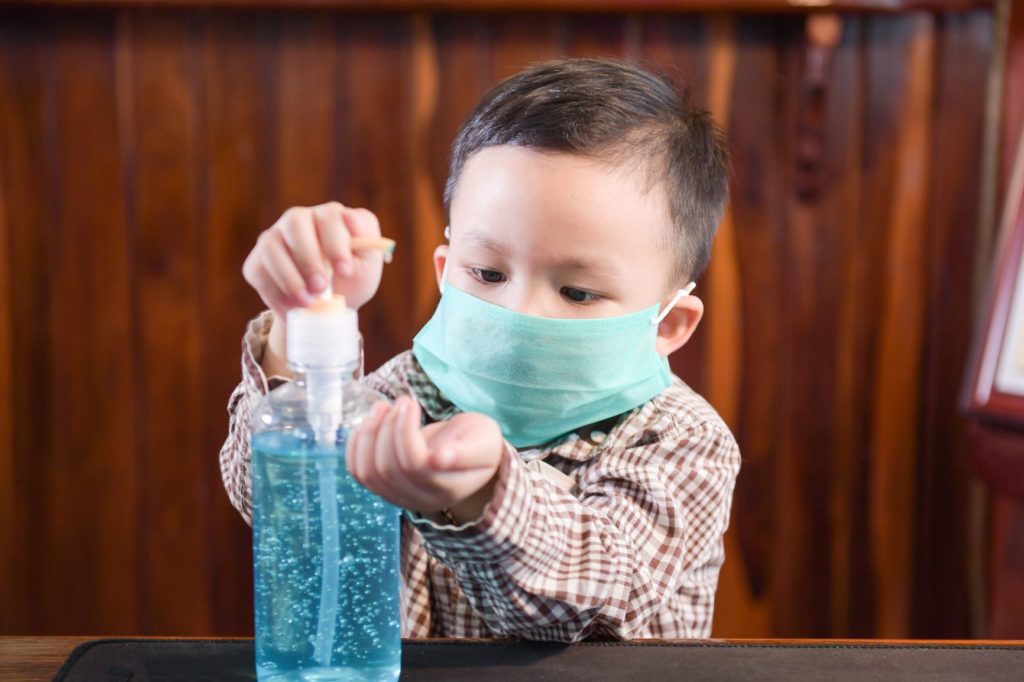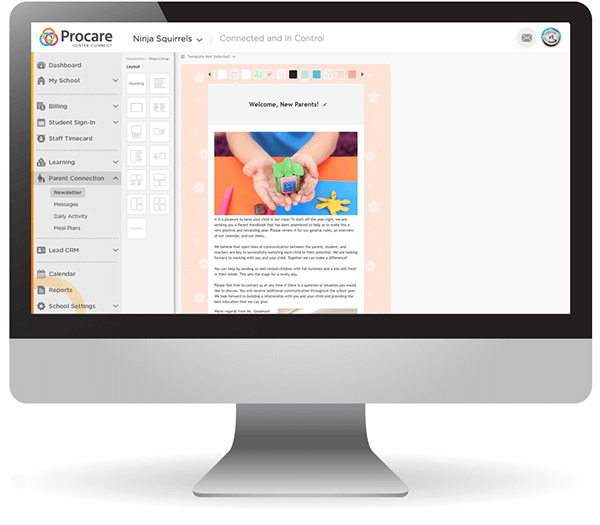
The coronavirus pandemic continues to affect the availability of child care services in the United States. Across the country, child care centers were mandated to either close or to provide services only to the children of essential workers.
Read Tracking the Impact of COVID-19 on the Child Care Industry to learn what child care attendance looks like in your state.
When that happened, it became abundantly clear that child care services play an enormous role in supporting a working economy. Without someone to care for their children, parents won’t be able to return to work.
However, even as child care centers begin to reopen their doors, there is a need to observe caution and implement protective measures to limit the spread of COVID-19. To help your child care center navigate this transition, we’ve created this guide to re-opening your child care center amidst COVID-19.
When is it Time to Reopen?
If you are a child care provider or administrator, deciding when to reopen your center-based care facility is an important decision that will have an impact on your business and the community. To make the best decision, it is important to listen and collect feedback from local public health officials, state governments and parents in your community.
Understand Your State’s Status
Every state has a government agency that oversees child care licensing, child care assistance and related programs. These are the agencies that will be communicating with child care centers about policies and guidelines related to coronavirus closures and how to reopen. Every state has its own unique policies, so make sure you check with your state government to find out what the official policies and recommendations are in your area.
The Hunt Institute has published a guide to Child Care State Actions during COVID-19. The guide includes links to every state child care agency and information about child care closures due to coronavirus in every state. Be sure to visit your state child care agency website for the latest updates and guidance.
Reach Out to Clientele
Engaging with your customers is an important step toward reopening your child care center. You will need to communicate directly with parents to assess demand for your services, provide information about new policies and procedures, and establish new expectations for how your child care center will operate.
Compliance with state guidelines for reopening requires effective engagement and collaboration between parents and their child care providers. Providers can use Procare’s software to engage parents with newsletters, updates and individualized messages before securing their cooperation on a safe return to child care services.
Preparing to Reopen Your Child Care Center
When preparing to reopen a child care center during COVID-19, child care administrators and providers will need to implement new safety measures to limit the risk of infection spread and protect their families and community.
This guide details some of the most important measures that you should implement before you open your center, as you reopen for the first time, and after you resume normal operations.
Before You Open
Organize staffing and engage parents
- Engage parents in your community to assess the demand for child care services.
- Connect with furloughed staff to establish willingness to come back to work.
- Discuss policy changes with parents, such as those outlined in this guide. Make sure that parents are willing to comply with new policies, including social distancing and modified pick-up/drop-off procedures.
- Plan for staff absenteeism. Recruit back-up staff in case a staff member falls ill or must miss work to care for family members.
Train staff on everyday preventive actions for COVID-19 infection
Staff should be trained on the most important preventive actions for preventing the spread of COVID-19. Your center should establish expectations for staff to incorporate these behaviors into their daily routines. The most important preventive actions are:
- Washing hands with soap and water for at least 20 seconds using the correct technique.
- Using an alcohol-based hand sanitizer when soap and water is not available.
- Covering sneezes and coughs using the “sleeve cough” method.
- Wearing cloth face masks or coverings to avoid spreading germs.
- Cleaning and disinfecting surfaces in shared spaces on a regular basis.
Use our printable daycare cleaning checklist to help keep staff on top of daily and weekly cleaning responsibilities.
Create an infection response plan
Your child care center should have a clear plan for how you will respond to a COVID-19 infection in the facility.
If a child in your care becomes ill, there should be a designated room where that child can be isolated until they can be picked up by a parent. If a person enters the building with COVID-19, you will need to thoroughly clean and disinfect every room that person visited.
Follow CDC guidelines for cleaning and disinfecting your facility.

Reorganize Child Care Spaces
Child care centers are advised to reorganize their spaces to encourage social distancing. Kids should stay in the same group with the same child care provider for the entire day. Groups should be kept separate as much as possible during the day, including by staggering pick-up/drop-off and outdoor activity times. During nap time, kids should be kept at least six feet apart.
Invest in Personal Protective Equipment
Your child care center may support employee safety by investing in personal protective equipment such as face coverings, eye protection, gowns or gloves.
Opening Your Child Care Center
Parent Drop-Off and Pick-Up
Limiting the number of people who enter your child care facility helps reduce the spread of infection. Have parents meet child care providers outside and provide hand-washing stations at the entrance to promote hand washing as kids enter or exit the building. Leverage “contactless” ways parents can check children in and out, such as apps that use QR codes or GPS technology.
Screening Kids for Illness
Child care providers can conduct temperature screening to check kids and visitors for a fever before they enter the facility.
Anyone with a fever of 100.4º or higher is showing signs of illness and should not be allowed in the building. Keep staff members safe during screening by providing personal protective equipment, physical barriers or by maintaining social distance during the screening process.
Preventing even one sick person from entering your facility could prevent tens or hundreds of people from getting sick.
Promoting Healthy Hygiene

Child care providers will play an important role in encouraging kids to social distance, as well as teaching and modeling healthy hand hygiene and other behaviors.
Staff should assist kids with hand washing and help them identify the appropriate times to wash hands, such as before eating or preparing food, after playing outside or after using the washroom.
Food Prep and Meal Times
Child care centers will have to reorganize the ways they prepare food and manage meal times to limit the risk of spreading coronavirus in the facility.
Kids should be served meals individually in their classrooms instead of in a group dining room. Child care providers and kids should practice excellent hand hygiene around meal times.
Diapering
Child care providers should wash their hands and the child’s hands before and after changing a diaper. While diapering, child care providers should wear gloves and follow safe diaper changing procedures.
Washing, Feeding & Holding
- Child care providers must take special care when washing, feeding, or holding infants and toddlers.
- Providers can protect themselves by keeping hair up and wearing long-sleeved shirts to avoid direct physical contact that could transmit germs.
- Kids should have multiple changes of clothes on hand and should be changed immediately if their clothing becomes soiled/contaminated with bodily fluids.
- Bottle-feeding equipment should be cleaned thoroughly after every use.
After You Open
Cleaning and Disinfecting
- Toys – Avoid keeping toys in the facility that cannot be cleaned and disinfected. Books and paper materials are considered a low risk for infection transmission, while machine-washable cloth toys are considered high-risk. Toys should be cleaned in a dishwasher or by a staff member wearing gloves.
- Bedding – Keep each child’s bedding separate and store individually with proper labels to limit spread of infection. Bedding used by a child should be washed daily if possible.
- Surfaces & Spaces – Surfaces and spaces that are routinely touched or used by kids should be cleaned multiple times per day.
Parent Engagement
Families have been put in a difficult situation by the coronavirus pandemic. Parents need to return to work and earn money to support their kids, but they may feel uncertain about sending their kids to a child care center while the pandemic is ongoing.
Child care providers can implement parent engagement strategies and tools to help mitigate those fears and support a return to normalcy as centers re-open. Centers can use software and apps to share photos, videos, milestones, daily activities and more.
Parents will expect regular updates on the implementation of new policies and child care centers may have to communicate additional changes or emergency information as part of their infection response plan. Centers can also collect feedback from parents to help shape process design and policy decisions.
Establishing strong communication channels between child care centers and parents will help ensure your long-term success as you reopen your child care center during coronavirus.
Reopen Your Child Care Center with Procare
Procare offers the ultimate parent engagement solution for child care centers. Procare makes it easy for centers to send newsletters, mass communications, and individual messages and updates to parents, strengthening engagement and promoting collaboration between families and their child care providers.

With Procare, child care centers can share information with parents throughout the day, including meal reports and daily activity sheets. Providers can share photos and videos of kids learning social distancing, developing hygiene skills, and participating in high-quality early learning experiences.
Procare is your competitive advantage when it comes to:
- Engaging with parents to reopen your child care center
- Communicating with parents about new policies and procedures
- Demonstrating to parents that their kids are safe and happy at your newly reopened child care center
Ready to learn more?




